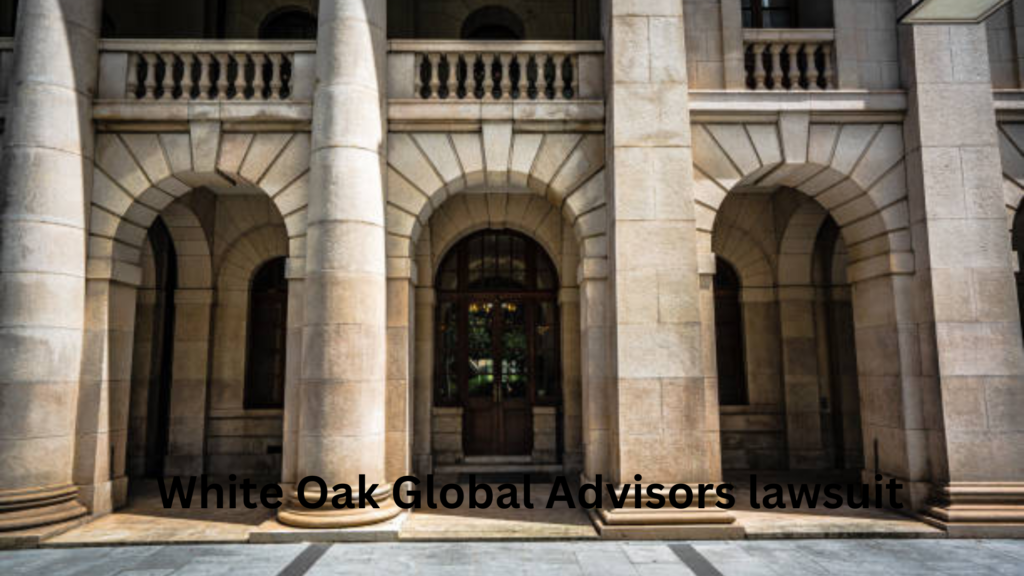The White Oak Global Advisors lawsuit has captured the attention of the financial and legal worlds, shedding light on issues of transparency, compliance, and ethical practices in asset management. This lawsuit involves serious allegations and a significant financial ruling, making it a case with far-reaching implications. Below is an in-depth exploration of the key aspects of this lawsuit, its context, and its broader impact.
Background of the Case
The legal battle involving White Oak Global Advisors, a prominent financial firm, stems from a dispute with the New York State Nurses Association Pension Plan (NYSNAPP). At the heart of the lawsuit are allegations that White Oak mismanaged the pension fund’s assets. The accusations include secret negotiations regarding a top executive position that reportedly compromised the integrity of the asset management process.
Findings and Arbitration
An arbitrator reviewing the case found White Oak violating the Employee Retirement Income Security Act (ERISA). Specifically, White Oak engaged in prohibited transactions, which constitute breaches of fiduciary duty under the law. These findings underscore the importance of adhering to legal standards and maintaining transparency in the management of pension funds.
In response to the violations, the arbitrator awarded the NYSNAPP $96 million in damages, including legal fees and interest. This substantial sum reflects the severity of the alleged misconduct and serves as a deterrent to similar actions within the financial sector.
Federal Court Ruling
A federal judge subsequently confirmed much of the arbitration award, increasing White Oak’s financial liability. With the addition of accrued interest, the firm now owes more than $100 million to the pension fund. This ruling further emphasizes non-compliance’s legal and financial consequences in the asset management industry.

Key Takeaways from the Case
Importance of Compliance
The White Oak Global Advisors lawsuit highlights the critical role of compliance in the financial sector. Firms managing large-scale investments, particularly pension funds, operate under stringent legal frameworks to protect beneficiaries. Breaches of these regulations can result in severe monetary penalties and reputational damage.
Ethical Leadership
The allegations of secret negotiations over an executive position raise questions about ethical leadership within financial organizations. Transparency and integrity are non-negotiable attributes for companies entrusted with managing other people’s money.
Risk Management
Effective risk management is vital to avoiding situations like the one faced by White Oak. Proactively identifying and mitigating potential legal and operational risks can prevent costly lawsuits and protect the firm’s reputation.
Broader Implications for the Financial Industry
This case serves as a cautionary tale for other firms in the financial sector. It underscores the necessity of:
- Robust Internal Controls: Ensuring all transactions are compliant with legal and ethical standards.
- Transparency: Maintaining open communication with stakeholders to build trust.
- Accountability: Holding leadership accountable for decisions that affect investors and beneficiaries.
Read Also : Passages Malibu Logo: A Symbol of Elegance and Trust.

Conclusion
The White Oak Global Advisors lawsuit is a stark reminder of the responsibilities that come with managing pension funds and other investments. Beyond the financial penalties, this case highlights the importance of compliance, transparency, and ethical behavior in safeguarding stakeholders’ interests. For the financial industry, it reinforces the need for vigilance and integrity in every aspect of operations. As the repercussions of this case unfold, it will likely influence practices and policies across the sector, shaping a more accountable and transparent future.
































Comments 1